A robotic swimmer that mimics the movement of octopuses could help researchers better monitor aquatic environments remotely and in real time.
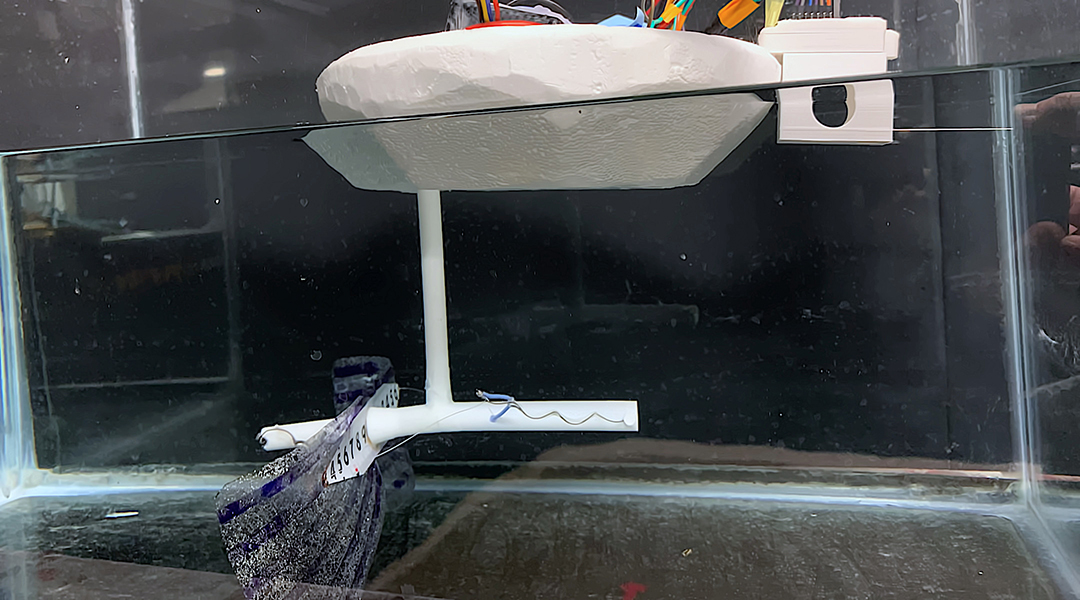

A robotic swimmer that mimics the movement of octopuses could help researchers better monitor aquatic environments remotely and in real time.
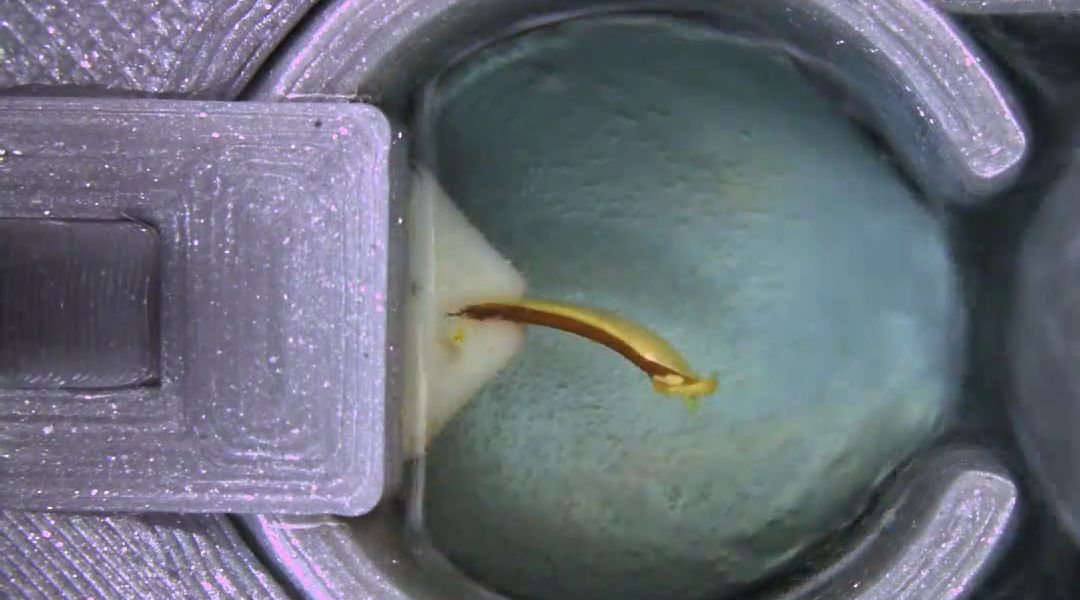
Scientists have developed the first artificial muscles made from natural proteins that contract autonomously and consume chemical fuel.
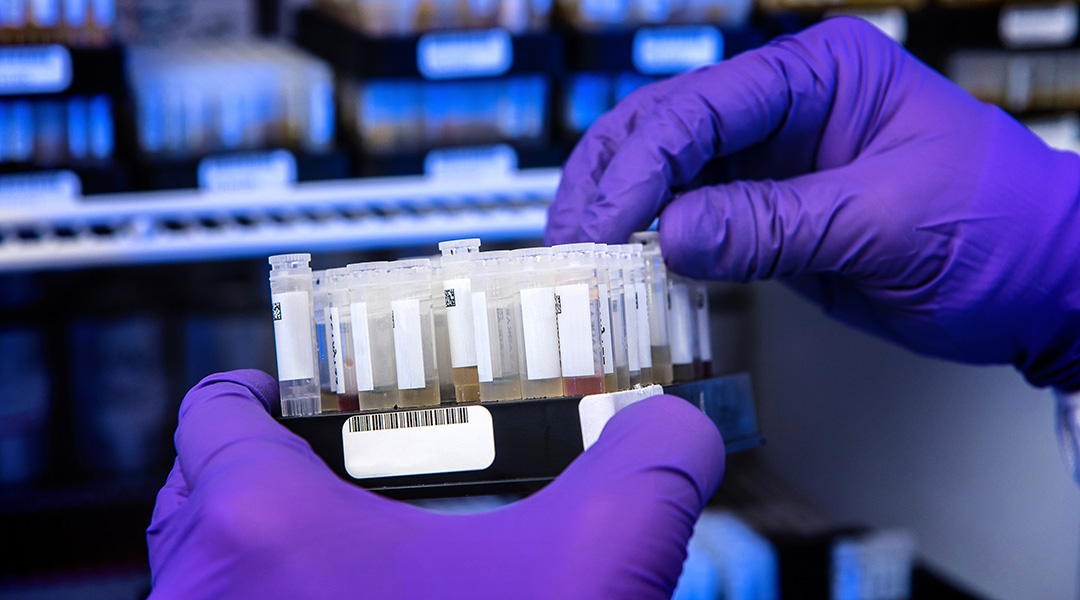
Three potent antibodies against SARS-CoV-2 identified in healthy individuals decades ago raises interesting questions about their origins and evolution.
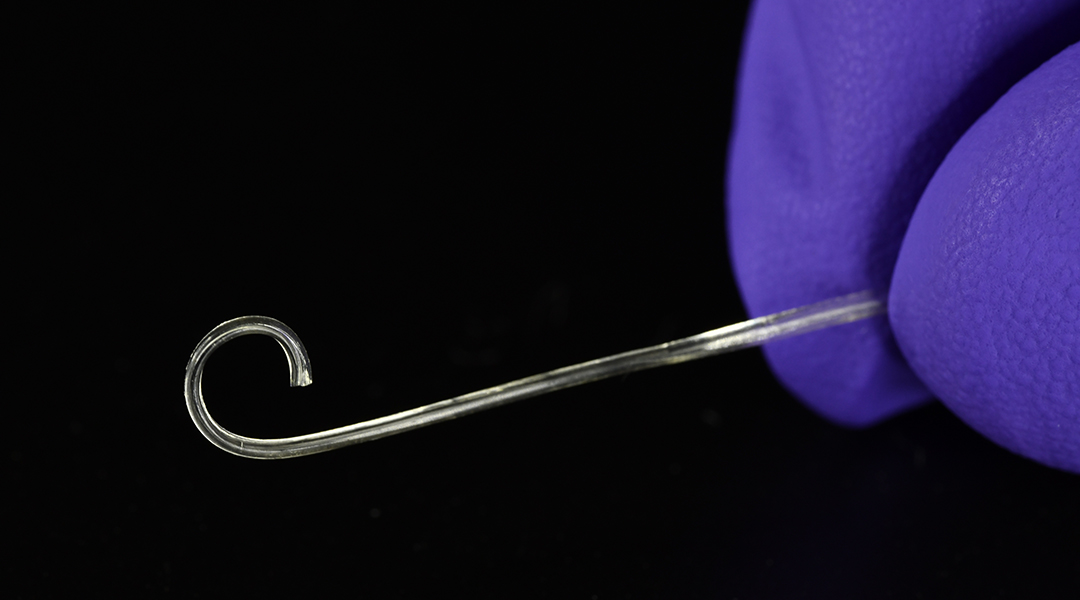
A shape-shifting polymer allows scientists to create a safer implantable device that results in less trauma upon insertion.

The “Queen of Carbon” made her mark on solid state physics, but no less important is the impact she had as an inclusive and inspirational teacher.

Professor Madhu Bhaskaran creates devices to assess the biometrics of the human body and helps patients feel again.
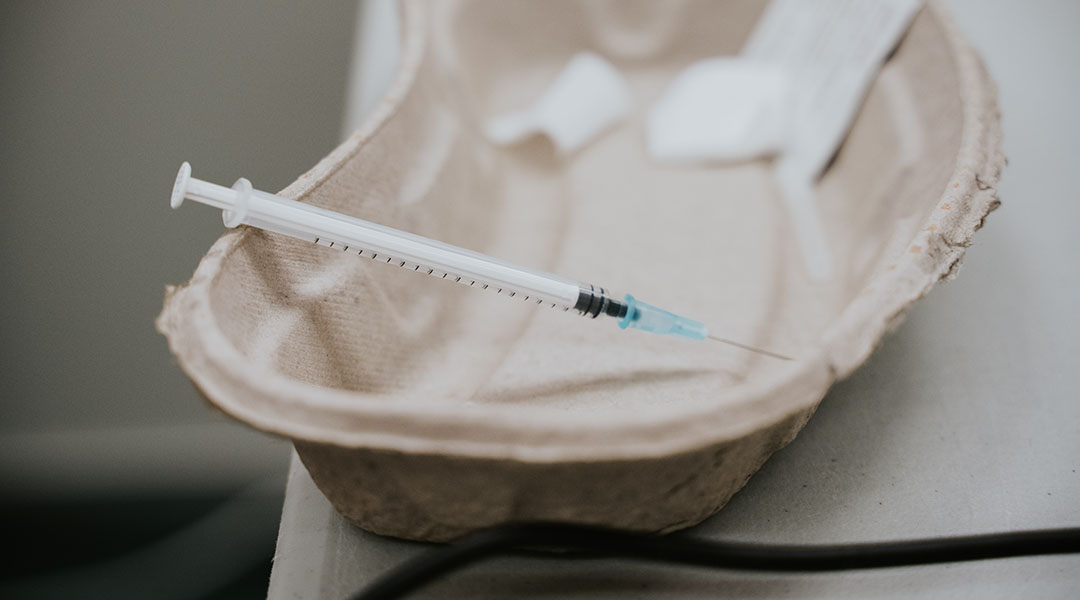
An expert review finds that booster shots for the general population are not yet necessary since vaccine efficacy against severe COVID-19 remains high.
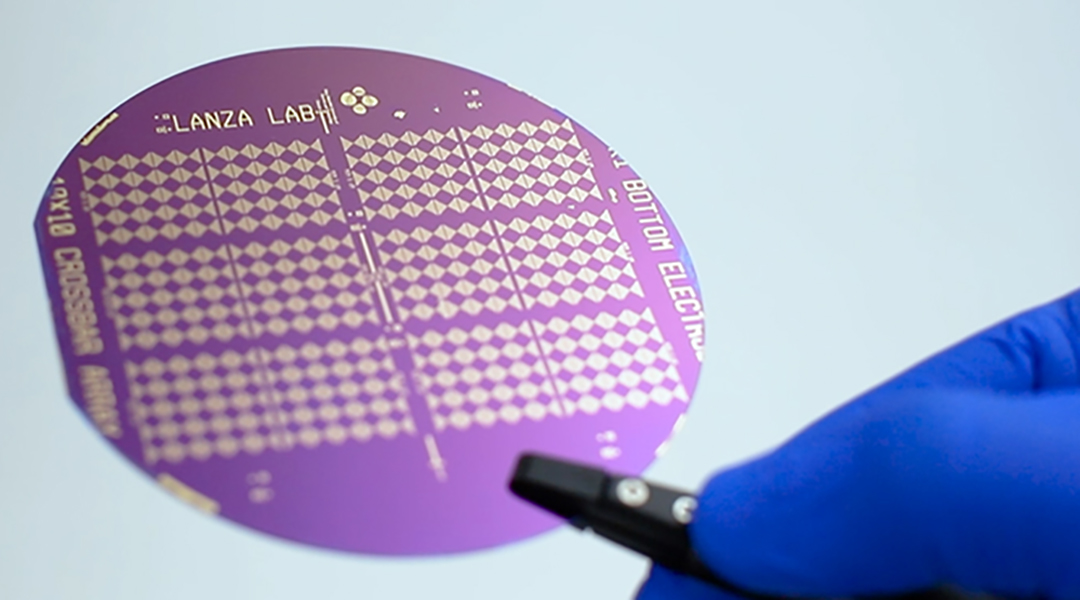
Using atomically-thin 2D films, researchers have developed a nano-scale random number generator with enhanced long-term stability and reduced power consumption.
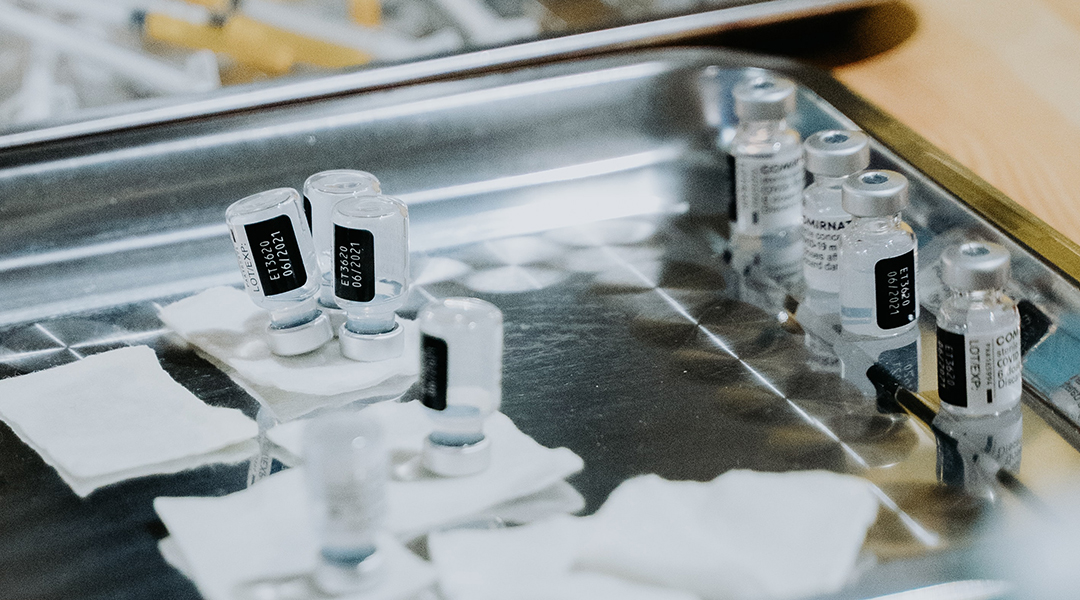
COVID-19 is unlikely to be the last coronavirus to spill over to humans. Scientists are working to make a universal vaccine to combat future outbreaks.
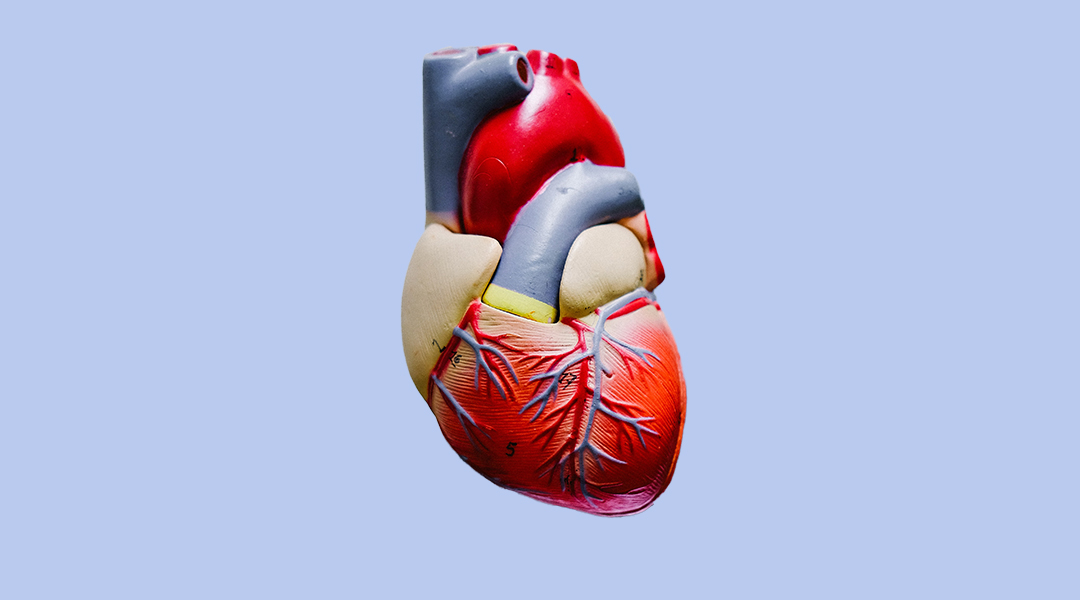
Researchers have created an improved material for arterial stents, which could alleviate the symptoms of coronary artery disease and reduce the risk of heart attack in patients.